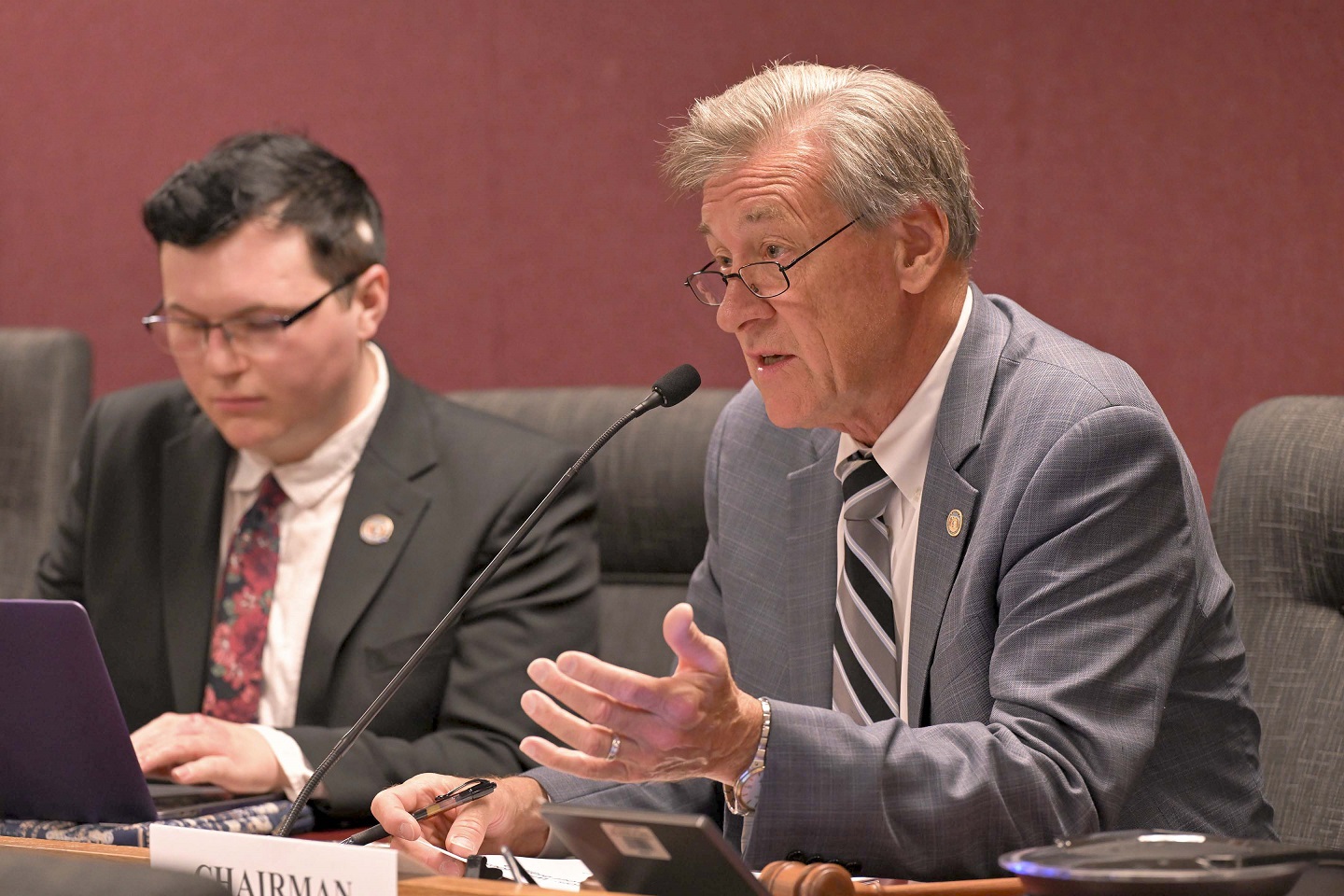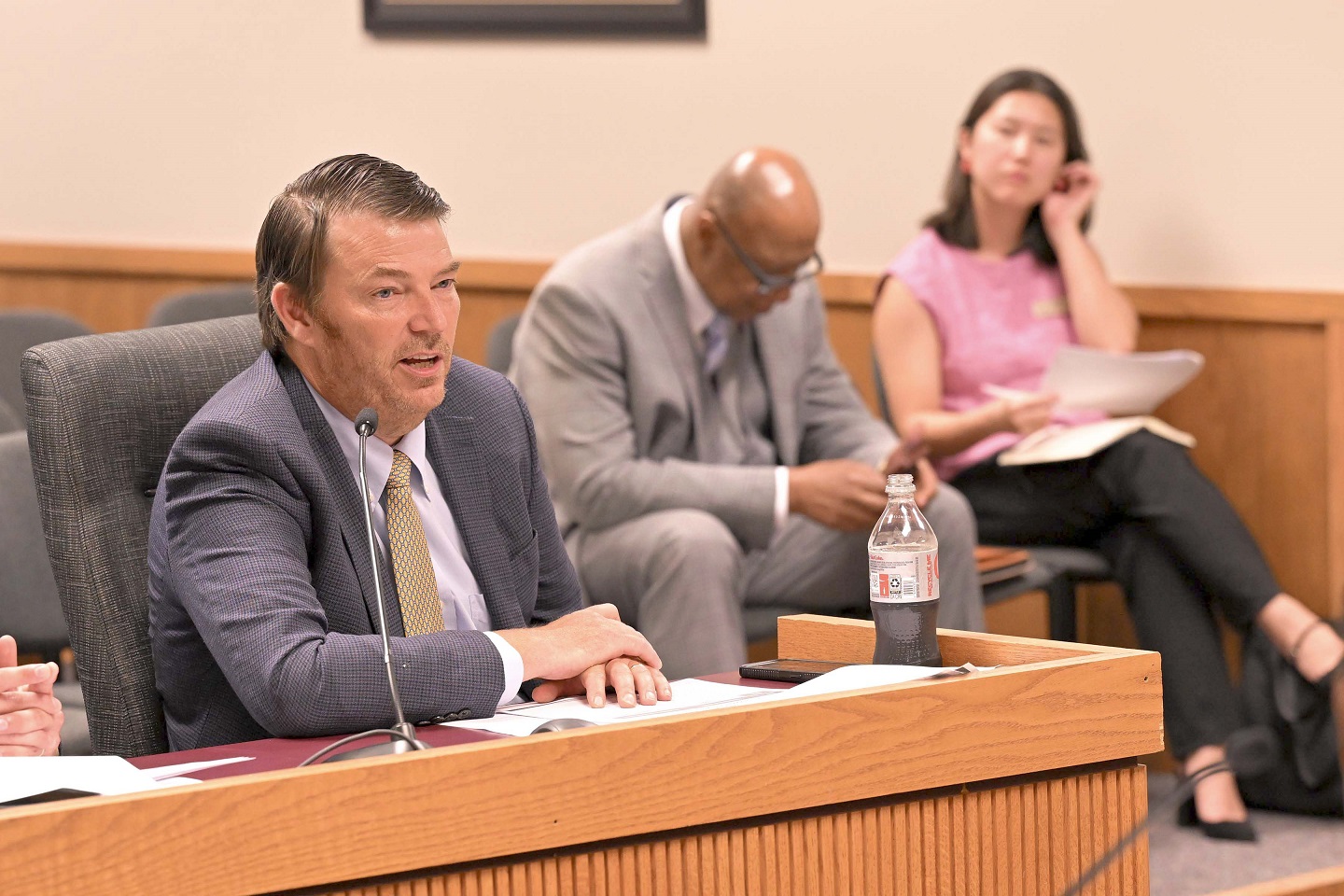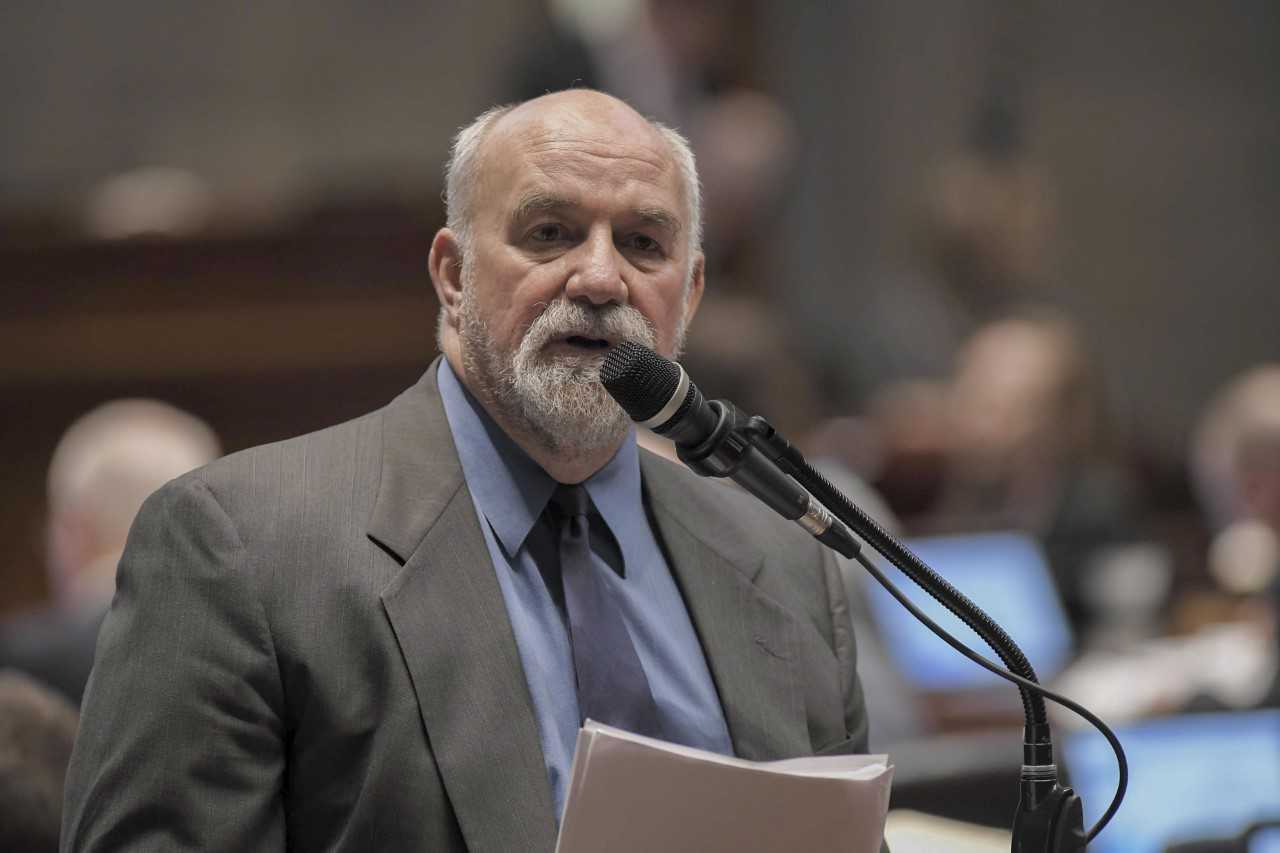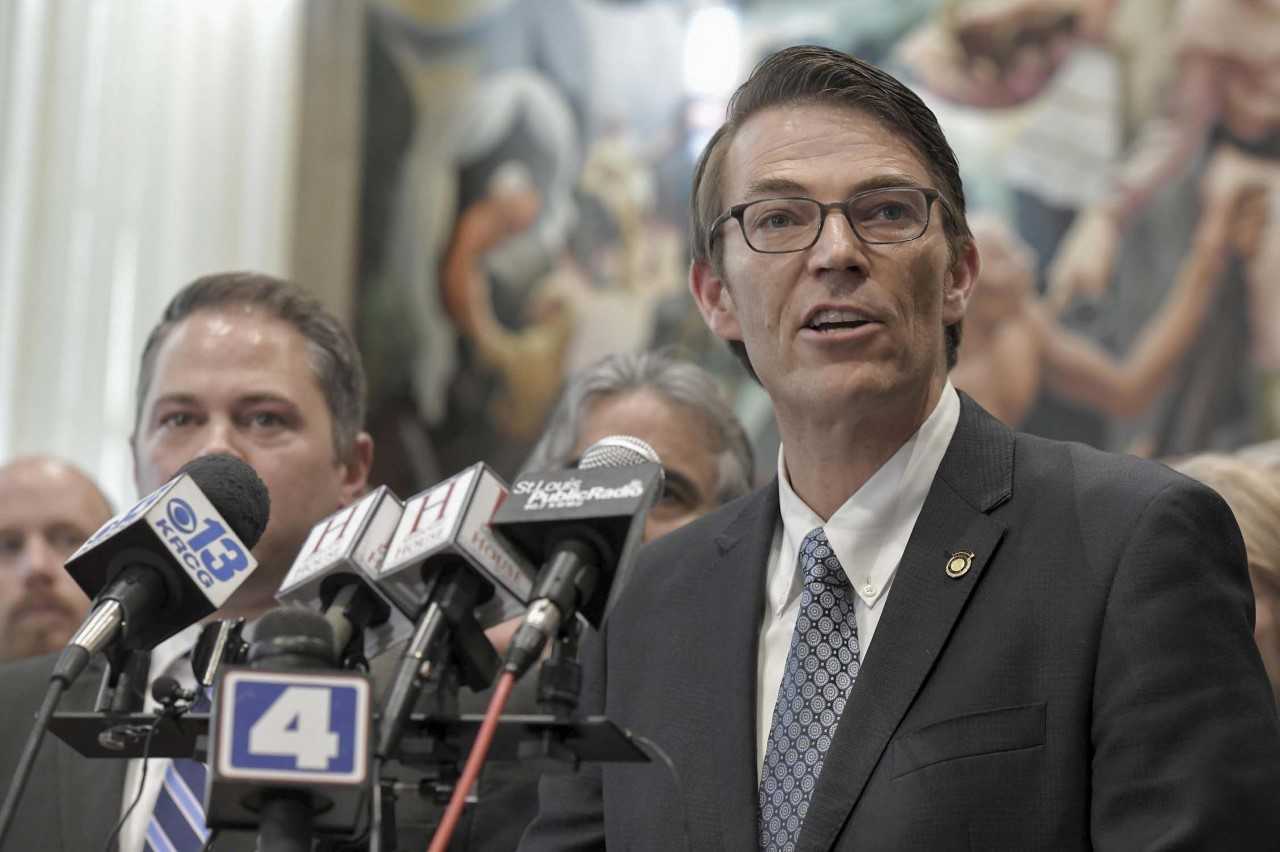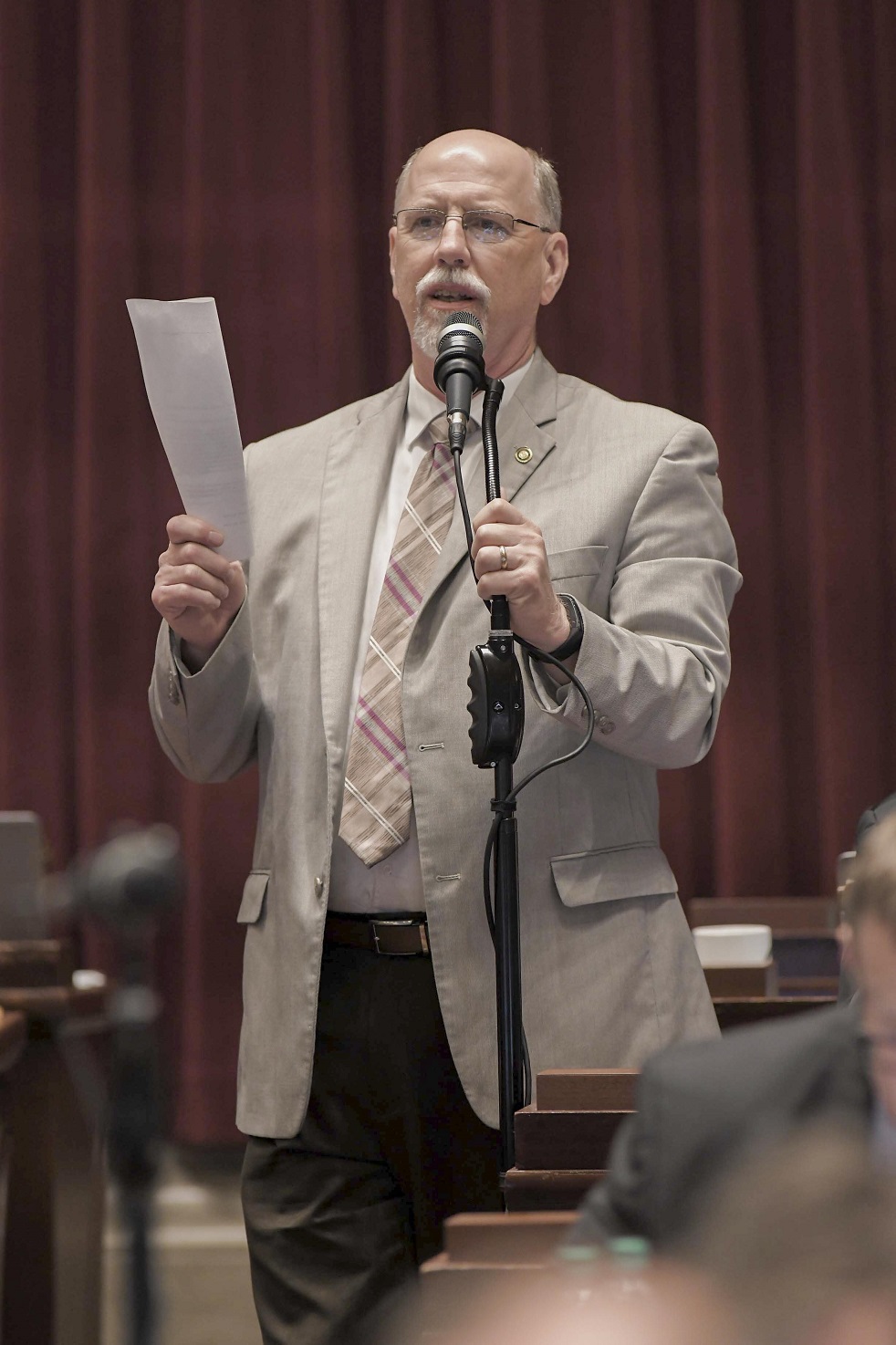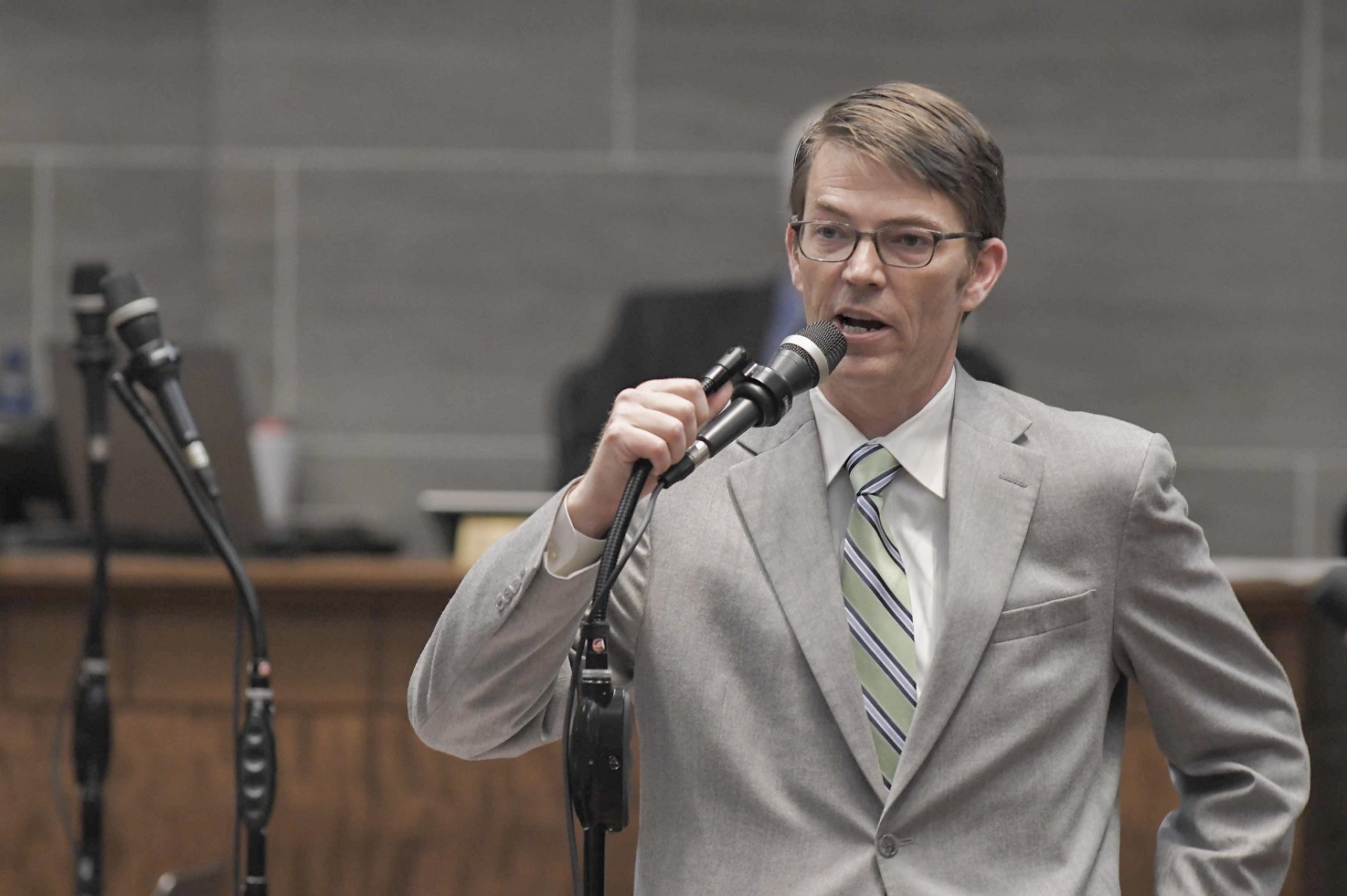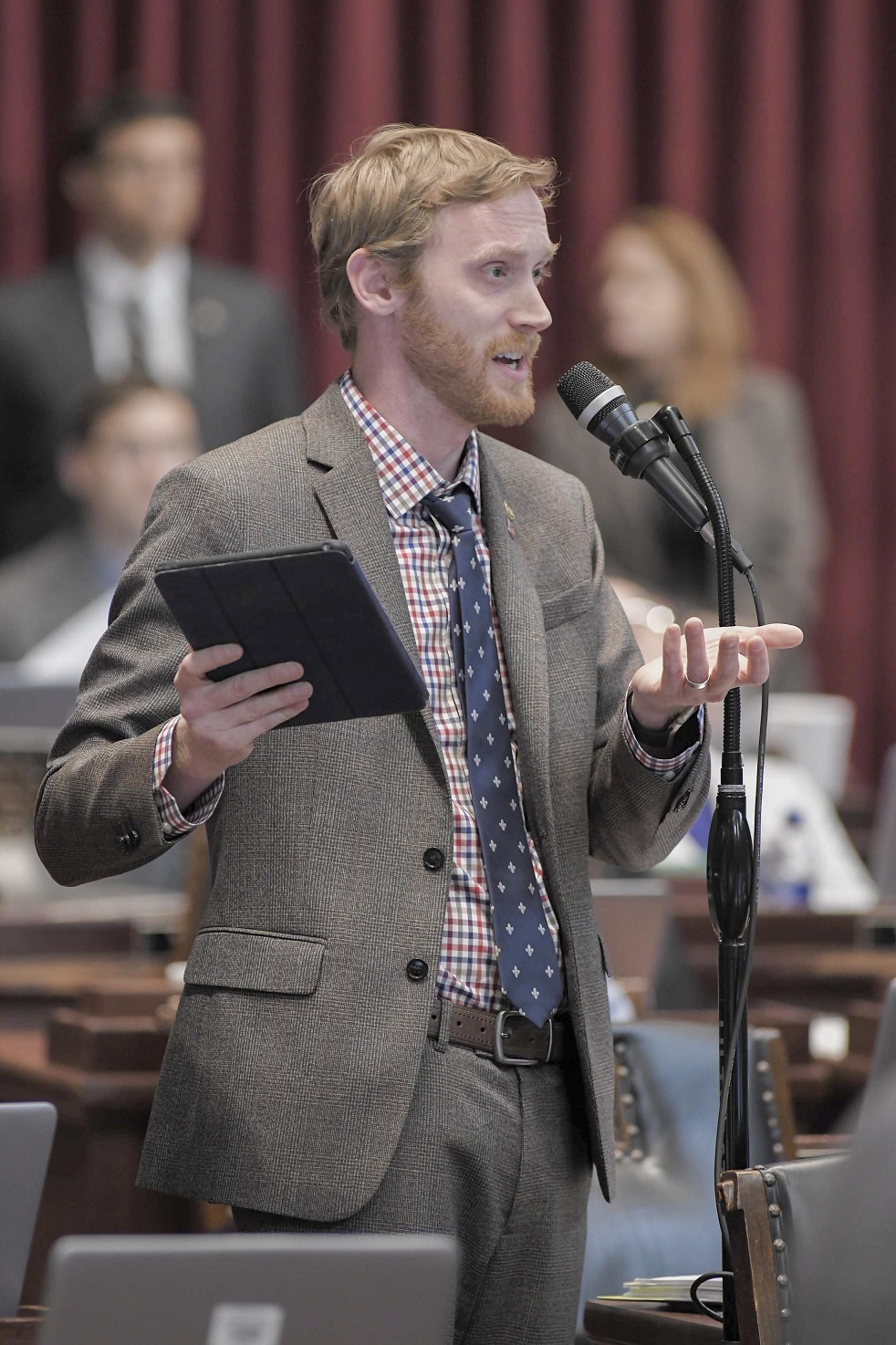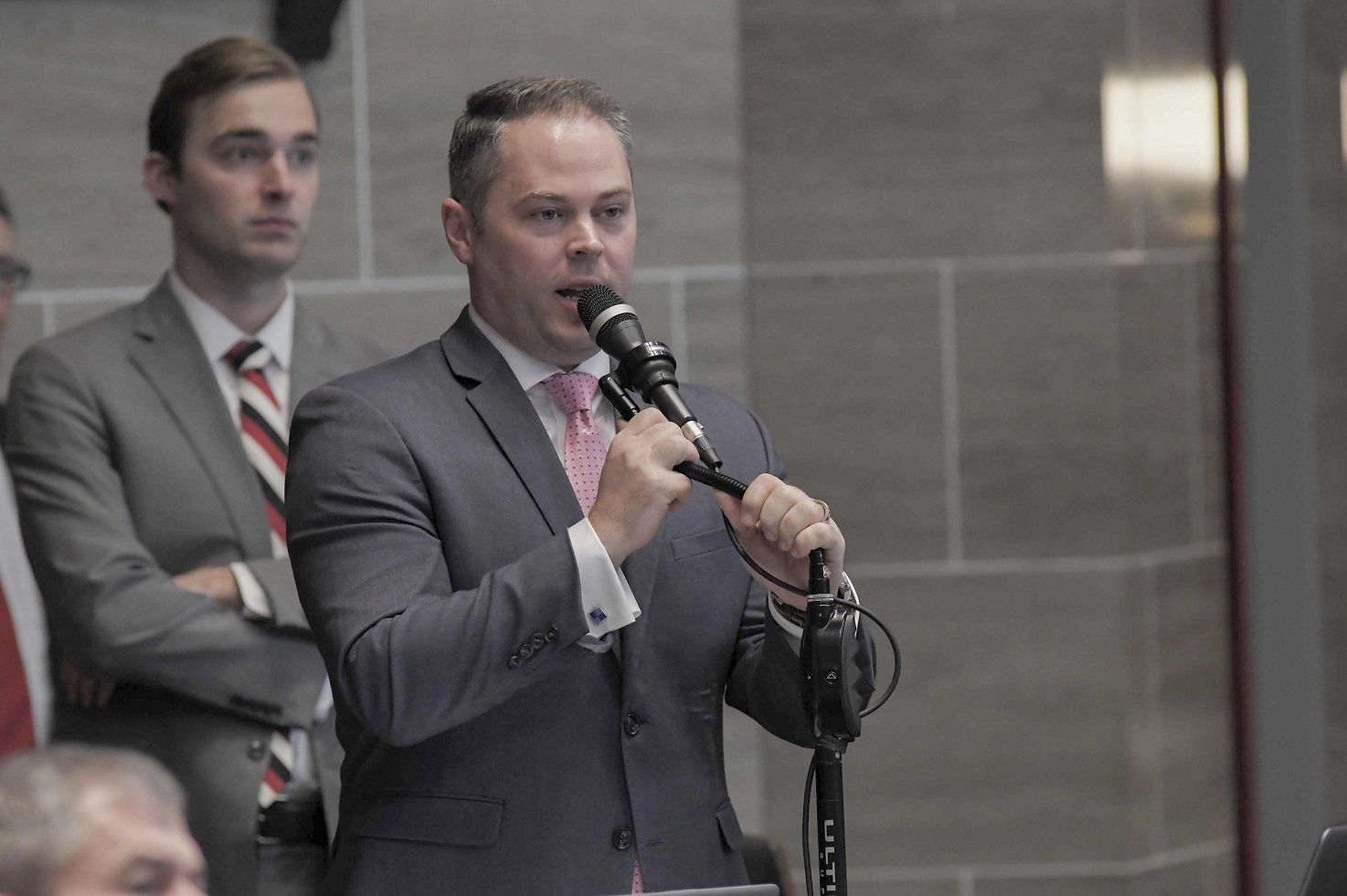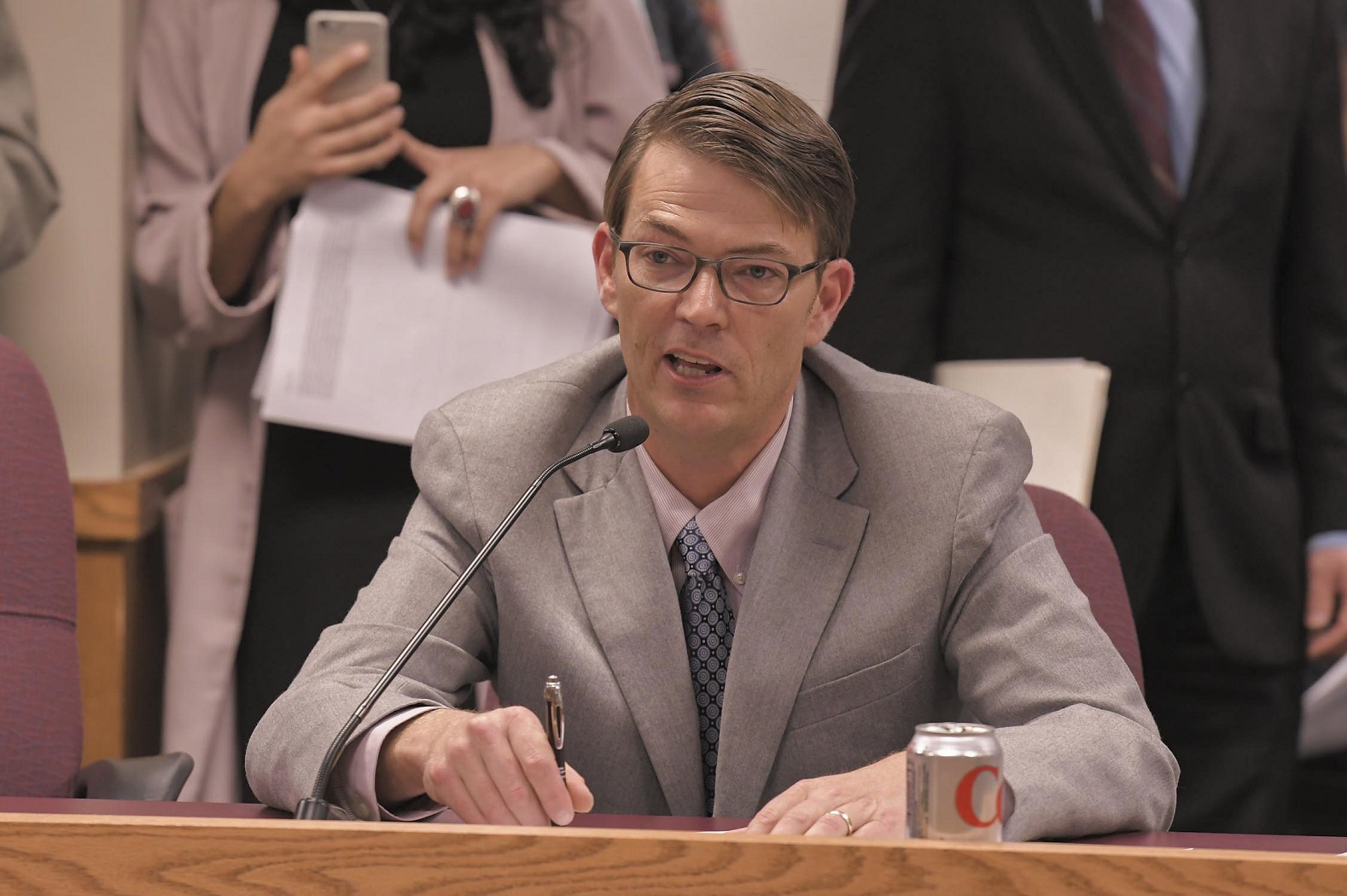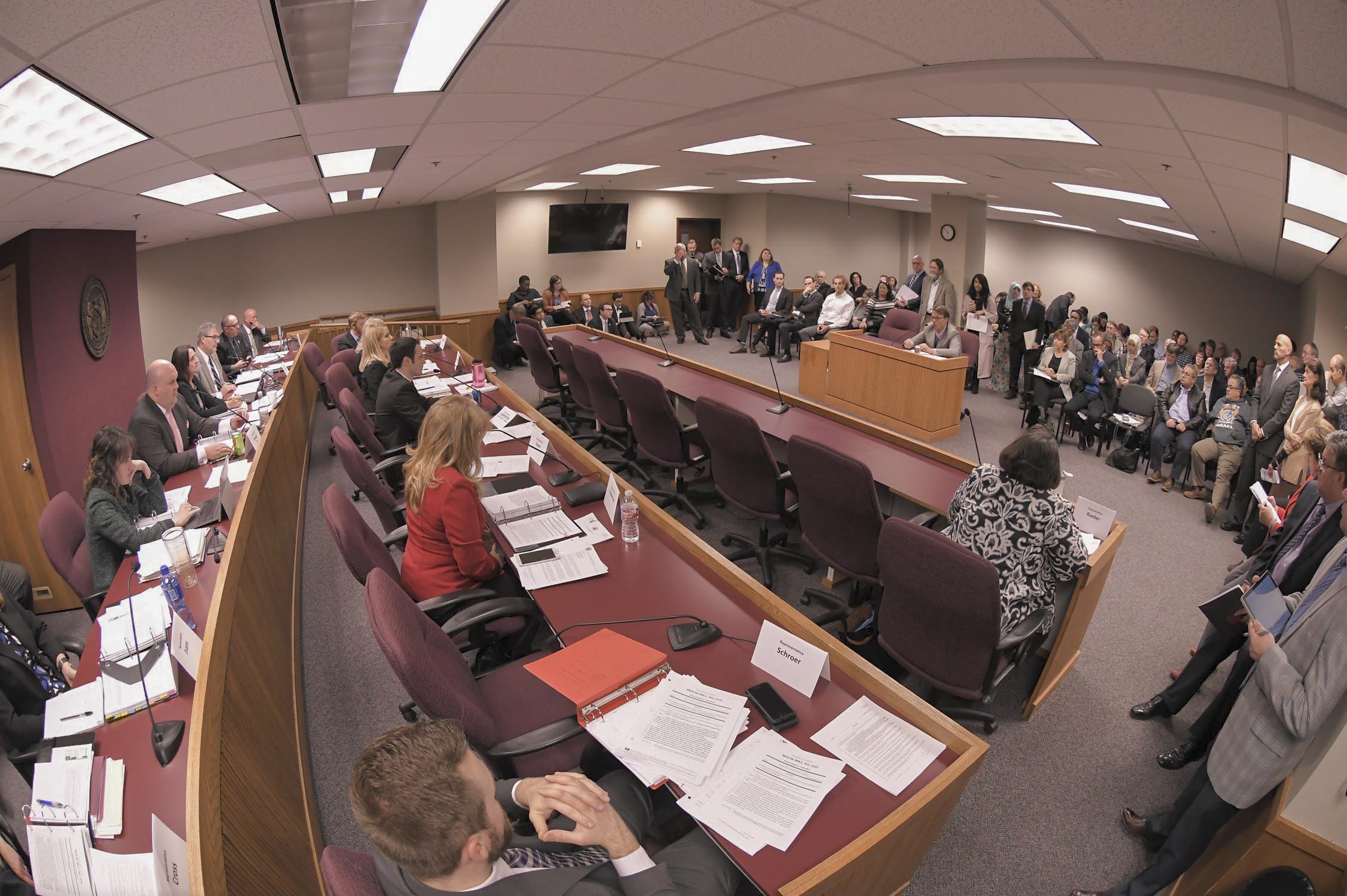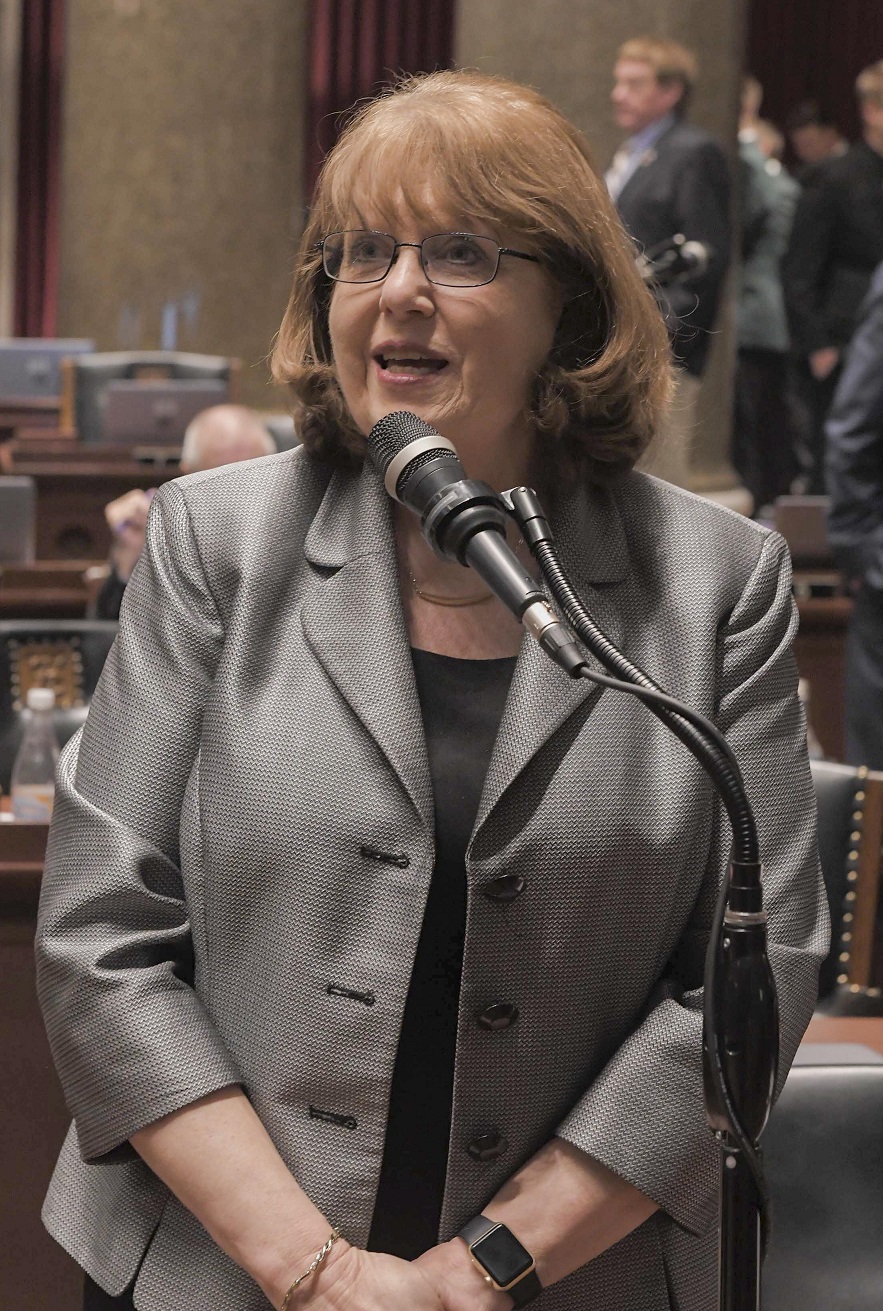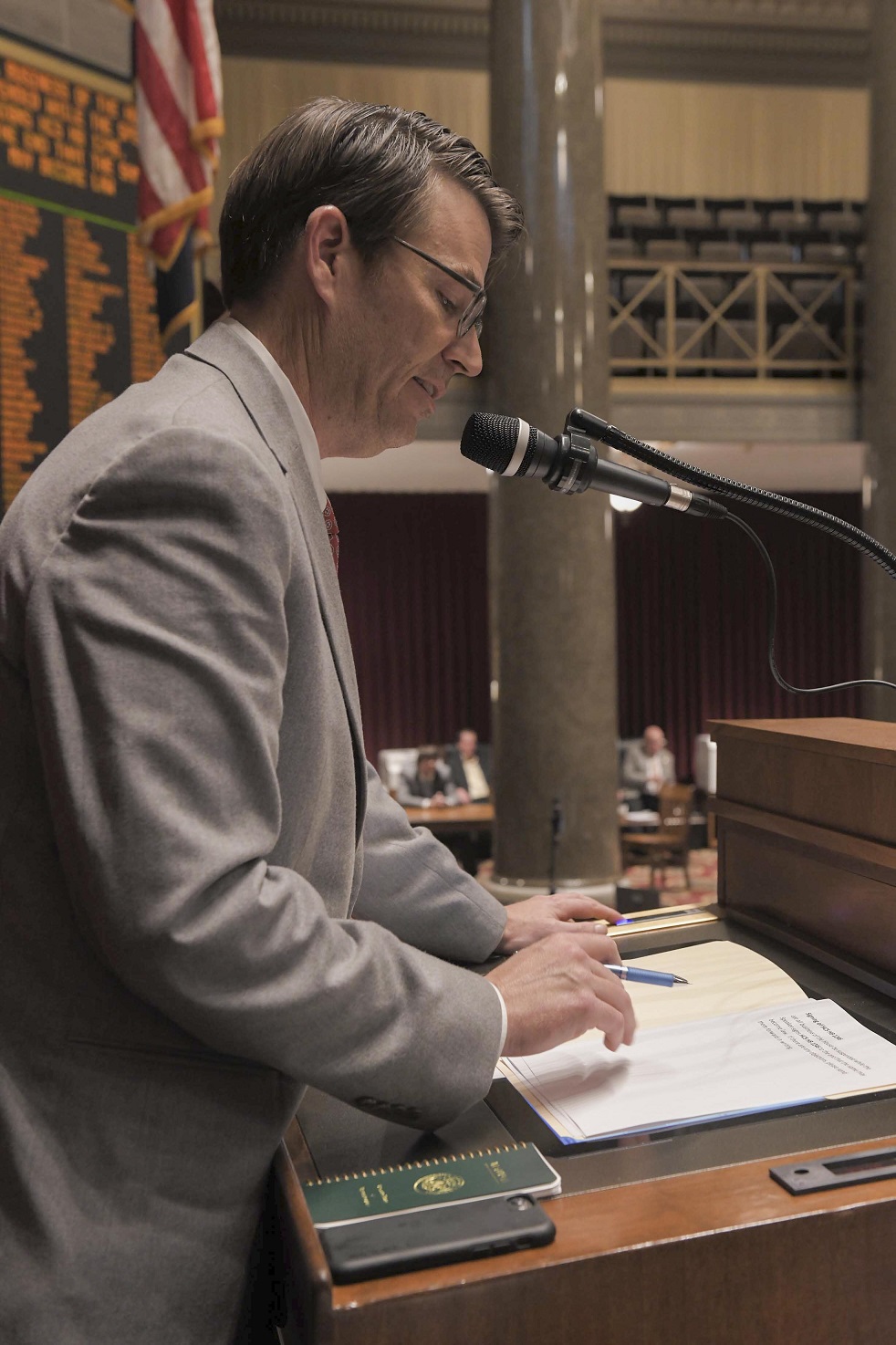A Task Force that hopes to advance Missouri’s response to substance abuse has resumed work.
The Substance Abuse Treatment and Prevention Task Force met in the 2023 interim and developed recommendations for the legislature, some of which were enacted. One of those was that it be continued this year, and its chairman, Representative John Black (R-Marshfield), is glad that was passed.
“I think we’ll do more or less the same thing we did last year. We’ll look at some of the issues that we’ve identified for review this year and then hopefully the Task Force will continue to refine those and come up with more issues. The budget, of course, is a big deal,” Black said after the Task Force met Monday.
Representative Del Taylor (D-St. Louis) is glad to be a part of the group.

“Missouri, as our counterpart 49 other states, as well as most countries in the world, are really struggling with getting our arms around substance abuse disorder.” He said the group heard from experts Monday that, “[Substance abuse] is kind of how we respond to our own different mental illnesses.”
The Department of Mental Health’s Chief Medical Director, Dr. Angeline Stanislaus, opened the session with a discussion of the neurobiology of addiction. She said much has been learned in the last three decades that can guide the state’s programs.
It was believed in the medical field some 20 or 30 years ago that when a substance was out of a person’s system and they resumed using it, it was by choice and they had an issue with discipline or willpower.
“That was the mindset in which we were trained as physicians in the 1990s,” Stanislaus said. “There’s been more research now to show that just because a substance is out of the system … but all the neurotransmitter changes the substance did before it got out, they’re still lingering and the body’s still working on them. This is the new understanding over the last couple of decades, it took us this long to understand that.”
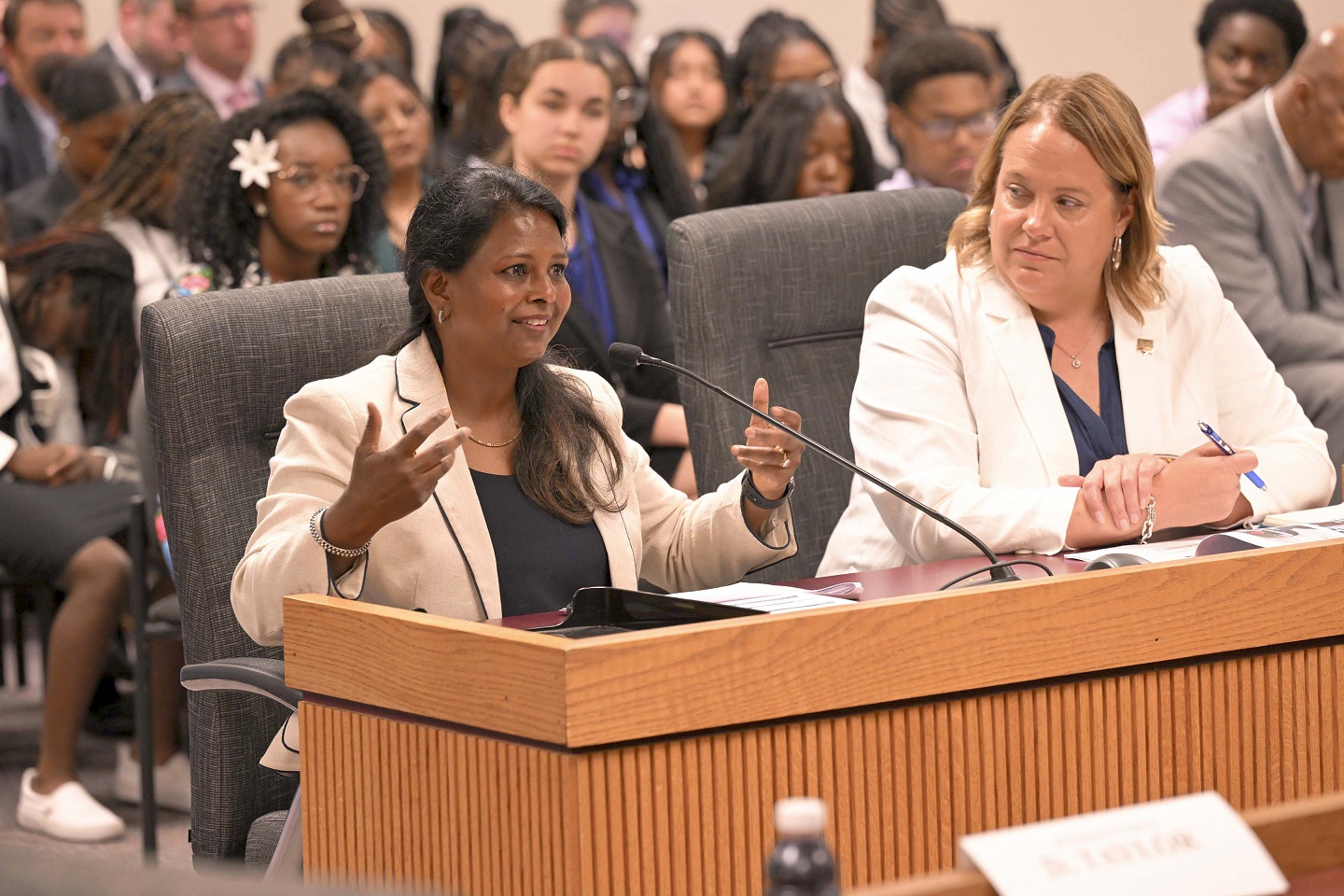
Stanislaus said many people who abuse substances like alcohol, cocaine, and heroin do so because they were victims of childhood abuse or neglect that altered their brain chemistry.
A brain disrupted by substance abuse will never return to what it was before, but it can heal.
Former Missouri House Speaker Todd Richardson has been the Director of MO HealthNet since 2018. Much of what the Task Force discussed with him was its recommendation from last year that a new state executive be created – what members have tentatively referred to as a “czar” – to oversee substance abuse issues across the various state departments that deal with those.
He said while the idea has merit and could work, giving one figure authority over three, four, and even five departments and asking that person to understand and take on all that is involved in substance abuse issues, could prove too much to ask.
He thinks the effort the Task Force has set in motion should be given time to work.
To the Task Force’s credit, Richardson said, “I do think the focus that this task force has put on it has already led to more collaboration and coordination and discussion about this subject than I’ve seen in the 15 years I’ve been coming to Jefferson City.”
Taylor appreciates the different backgrounds brought to the group. A budget-minded legislator himself, Taylor hopes to get more data about Missouri’s substance abuse response.
Some members weren’t present at Monday’s hearing due to technological or medical issues. Black hopes more members will be able to attend in subsequent hearings.
The Task Force will meet again in July.
